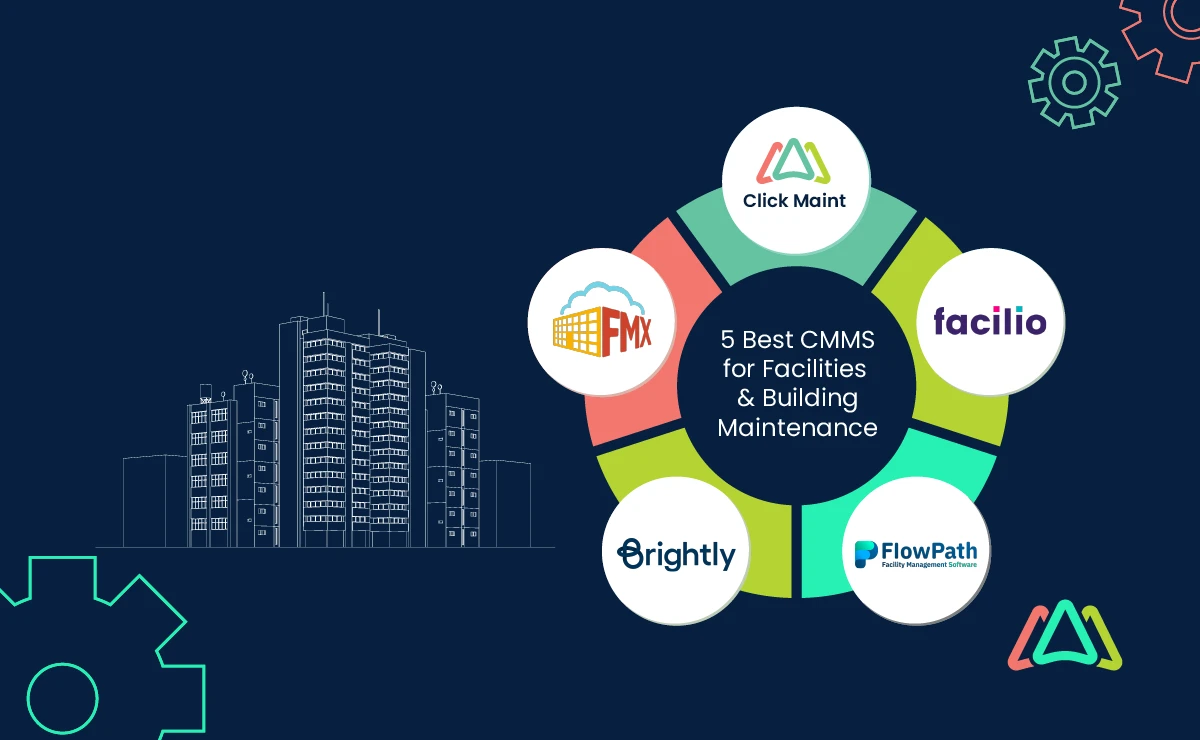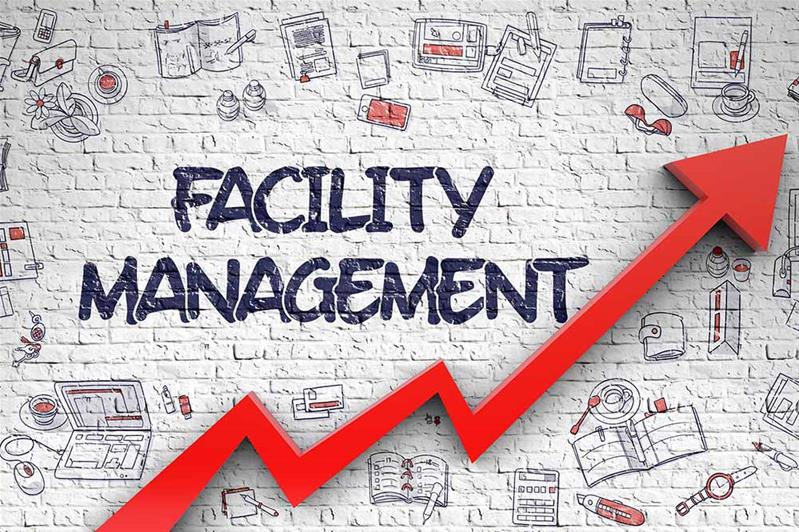Why Total Facility Management Is Necessary for Service Success
Total Facility Management (TFM) serves as a keystone for business success by harmonizing varied functional aspects such as maintenance, space usage, and security actions. As businesses navigate a competitive landscape, understanding the diverse benefits of TFM can be pivotal in driving price efficiency and enhancing staff member efficiency.
Recognizing Total Facility Management
Total Facility Management (TFM) includes a thorough strategy to taking care of a company's structures and linked solutions to make certain optimum capability, safety and security, and performance. TFM incorporates numerous self-controls, consisting of maintenance, operations, space management, and safety protocols, to develop a natural structure that supports an organization's core objectives.
At its core, TFM intends to simplify the processes involved in facility management, enhancing and lowering redundancies solution shipment. This method involves the control of tasks associated with home management, such as repairs, cleansing, and energy management, to cultivate an efficient environment for staff members and stakeholders alike. TFM additionally stresses the relevance of carrying out best techniques and ingenious technologies to boost service top quality and decrease operational costs.
Recognizing TFM needs acknowledgment of its tactical significance in sustaining an organization's objective. By aligning facility management tasks with organizational goals, TFM enhances total performance while making certain compliance with wellness, security, and ecological policies. Therefore, TFM serves not just as a logistical function yet also as a critical possession, adding to an organization's lasting sustainability and growth. In recap, TFM is important for producing a well-functioning environment favorable to organization success.
Key Advantages of TFM
Leveraging an extensive technique, companies that apply Total Facility Management (TFM) unlock a myriad of benefits that add to general service success. Among the primary benefits of TFM is the improvement of functional performance. By settling facility solutions under a unified management framework, companies can simplify procedures, minimize redundancies, and improve communication across departments.
Furthermore, TFM promotes a positive maintenance technique, which reduces downtime and prolongs the life expectancy of facilitiess and tools (Total Facility Management). This positive approach not only improves productivity however likewise cultivates a more secure working environment, eventually bring about greater worker complete satisfaction and retention prices
Furthermore, TFM helps with much better source allotment by giving insights right into facility efficiency metrics. Organizations can recognize areas for enhancement, enabling them to make educated decisions that line up with their critical goals.
TFM and Expense Performance
Attaining cost effectiveness is a basic objective for companies, and Total Facility Management (TFM) plays a crucial role in this undertaking - Total Facility Management. By integrating numerous facility solutions under a solitary management framework, TFM makes it possible for organizations to enhance procedures and lower redundancies. This all natural technique brings about significant cost financial savings, as it gets rid of the demand for numerous vendors and simplifies procurement procedures
In addition, TFM fosters aggressive upkeep strategies, which lessen the risk of costly fixings and downtime. By prioritizing precautionary steps, organizations can next page extend the lifespan of their possessions and minimize unforeseen expenses. Additionally, TFM includes energy management techniques, which can significantly cut energy prices via efficient source utilization.
The centralization of information and analytics within TFM allows organizations to make enlightened financial decisions. By determining fads and areas for improvement, TFM enables tailored strategies that further improve expense management. The scalability of TFM remedies makes sure that as organizations grow, their facility management techniques remain efficient and straightened with economic goals.
Enhancing Staff Member Productivity
A well-managed facility can dramatically improve worker efficiency by developing a conducive job atmosphere. Effective Total Facility Management (TFM) makes sure that all elements of the work environment-- from lights and temperature to tidiness and safety and security-- are enhanced. When workers run in a space that is well-kept and comfy, they are most likely to concentrate on their jobs, leading to greater outcome and work fulfillment.
In addition, TFM can boost cooperation with the calculated style of public locations, encouraging synergy and development. By buying the ideal resources and technology, organizations can promote seamless interaction and streamline operations, further enhancing efficiency. Regular upkeep and prompt responses to facility concerns stop disruptions that could or else prevent performance.
In addition, a risk-free and healthy workplace, supported by TFM methods, minimizes absence and advertises health, straight associating with increased productivity levels. Ultimately, prioritizing facility management is a financial you could check here investment not only in physical properties yet likewise in the labor force itself. By cultivating a setting that supports employee demands and preferences, organizations can cultivate a much more engaged and efficient labor force, driving general success and affordable advantage.

Future Trends in TFM
Accepting technical improvements is readied to improve the landscape of Total Facility Management (TFM) in the coming years. As the demand for effectiveness and sustainability increases, TFM will progressively take on smart structure technologies, incorporating Internet of Points (IoT) gadgets to handle and keep an eye on facility procedures in real-time. This shift will enable positive upkeep, significantly lowering operational prices and improving solution shipment.

Sustainability stays a crucial focus, with TFM specialists expected to focus on green techniques. This includes using renewable energy sources and optimizing waste management systems to lower the carbon impact of facilitiess.
Remote management capacities will additionally be broadened, enabling facility managers to oversee operations from basically anywhere. This versatility will become important as organizations adapt to hybrid job models. In recap, the future of TFM redirected here is positioned for transformation through modern technology, sustainability, and boosted functional techniques, making certain businesses continue to be affordable in an advancing landscape.
Conclusion
To conclude, Total Facility Management is a crucial component for accomplishing service success. By incorporating different functional functions, TFM boosts efficiency and aligns facility management with business purposes. The resulting cost savings, enhanced employee efficiency, and much safer workplace add dramatically to total efficiency. As services progressively adopt lasting methods and innovative modern technologies, the value of TFM will remain to grow, making sure long-term operational performance and competition in a developing market.

Comments on “The Role of Total Facility Management in Ensuring Workplace Safety and Regulatory Compliance”